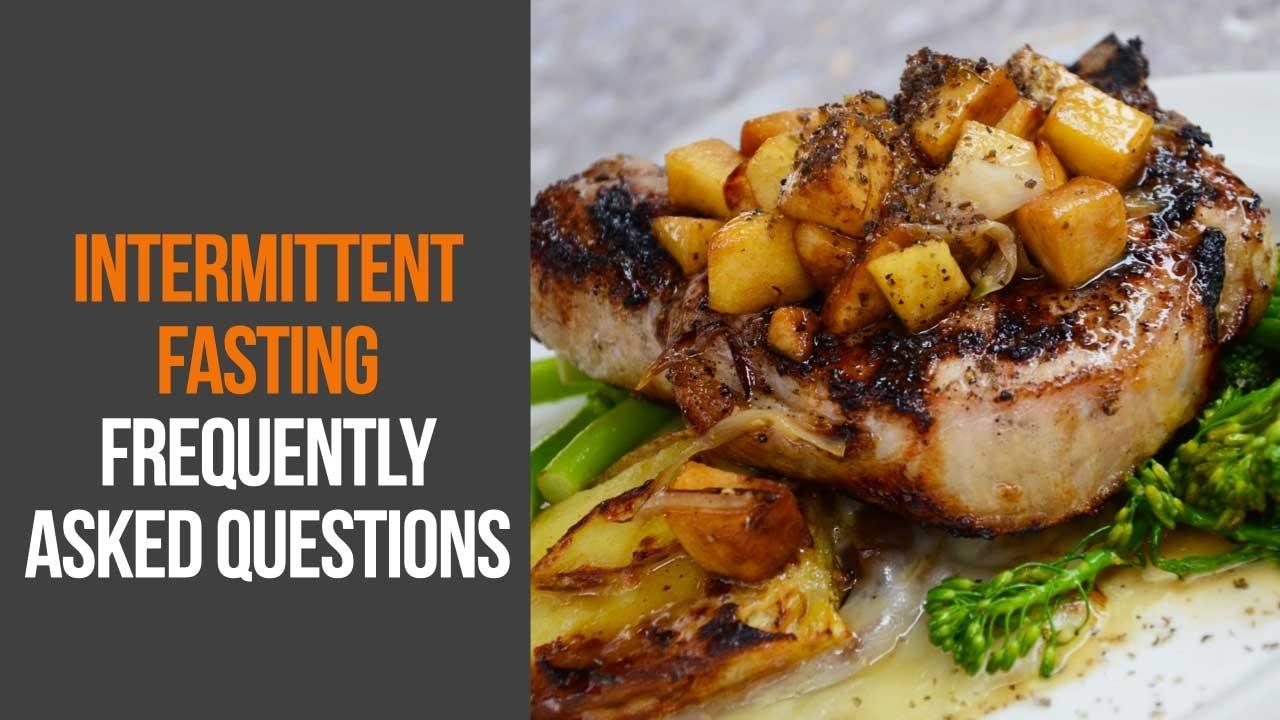Intermittent Fasting Frequently Asked Questions
Oct 23, 2020
If you are new to intermittent fasting, you probably have a lot of questions. But that’s okay – because we have a lot of answers for you! Here is a list of some of the more commonly asked questions about intermittent fasting and the answers, which should help you decide if and when you want to try IF.
Can my child do intermittent fasting?
This is not recommended for children or youths, including teenagers. Unless your doctor has a reason to suggest intermittent fasting for a child, it is not usually a good idea. Children should not have any strict diets, but instead follow a healthy lifestyle of plenty of fruits, vegetables, whole grains, and lean protein. If you want your entire family to be on the same schedule, talk to your doctor first.
Are there any side effects?
While most adults can handle intermittent fasting without any bad side effects, there are some effects for certain individuals. For example, if you are used to eating every 2-3 hours, it can be hard to switching to a 24-hour fasting protocol like Warrior or the Eat-Stop-Eat plan. You may notice some side effects for the first few days like shaking or lightheadedness. Women who do intermittent fasting also have a risk for hormonal changes, so it is important to know the signs of them and stop IF if it persists.
Will I go into starvation mode?
This is a very common question people ask when they look into intermittent fasting. There is this thought that if you don’t eat enough, your body can go into starvation mode. This is not necessarily a myth, it just doesn’t work how people think it does. If you consistently don’t eat enough, eating below 1,000 calories a day every day of the week, then yes, your body can eventually go into starvation mode. However, that is not what intermittent fasting is. During your eating periods you still eat enough calories for your body, and get lots of nutrients (check out the JGF performance-based meal plans, nutrition advice and healthy recipes). Your fasting windows are just a little bit longer.
Can I follow another diet while fasting?
You can still follow another diet plan on your eating days when you are doing intermittent fasting, but it is not advised to start both at the same time. That is a lot of stress to put on your body all at once. It is best to switch to the new diet for a few weeks, then when you get adapted to it, add in intermittent fasting.
Discover the 5 simple steps to integrate Intermittent Fasting FREE!
Click HERE to download the Intermittent Fasting Quick Start Guide


